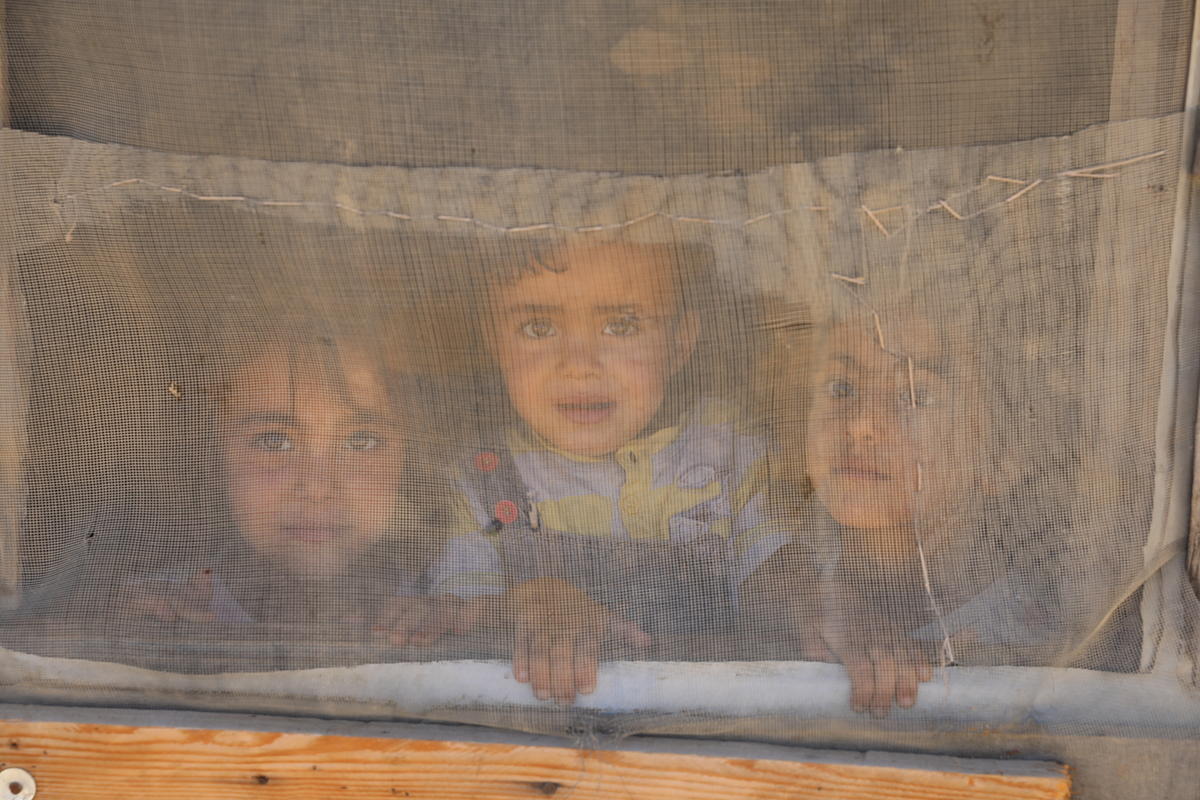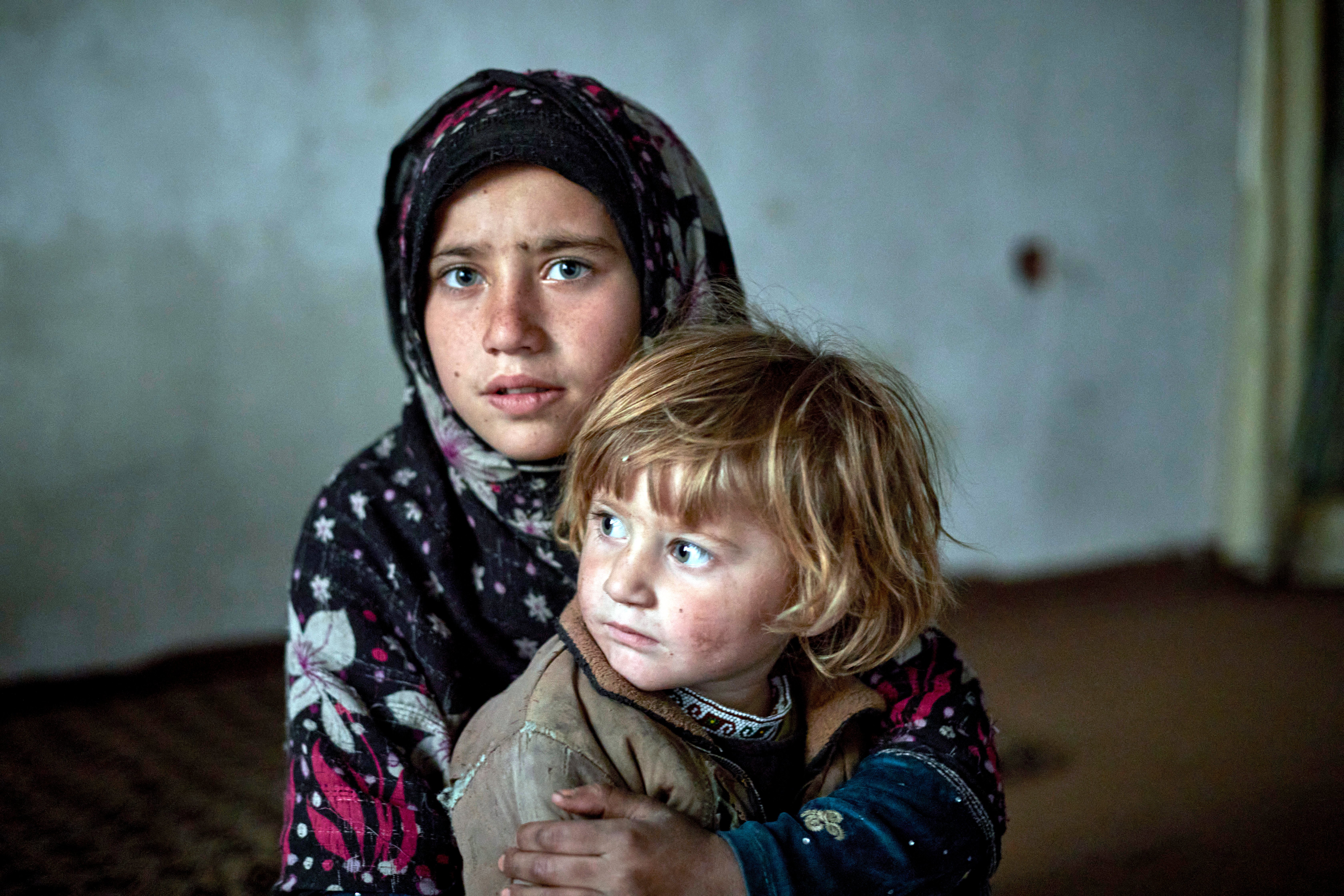Hope For A New Future In A Foreign Land For Bay Of Bengal 'Boat People'
Hope For A New Future In A Foreign Land For Bay Of Bengal 'Boat People'

KUALA LUMPUR, Malaysia, 26 May 2016 (UNHCR) - Bibi and Aishah clutched each other’s hands anxiously as they waited to be screened by a medical officer at the compound of the UN Refugee Agency’s (UNHCR) office in Kuala Lumpur late yesterday evening.
The two are 19-year old Rohingya girls from Myanmar, part of a group of 36 extremely vulnerable Rohingya refugees who had been released from the Belantik Immigration Detention centre that afternoon. They had been brought to the UNHCR office for a quick medical checkup before departing for the airport, where they would be resettled to the United States under UNHCR’s resettlement programme.
This group arrived in Malaysia in May last year when boats carrying trafficked and smuggled individuals from Bangladesh and Myanmar arrived in Thailand, Malaysia, and Indonesia in what has been termed as the Bay of Bengal crisis.
Of those who landed in Malaysia, 371 were identified as Rohingyas from Myanmar and of concern to UNHCR. They have been held in the Belantik Immigration Detention Centre for the last year while UNHCR advocated for their release.
“UNHCR welcomes the move by the Malaysian Government to release the 36 extremely vulnerable Rohingya refugees from the Belantik Immigration Detention Centre,” said Richard Towle, UNHCR Representative in Malaysia.
“We are also extremely grateful to the Government of the United States of America for their generousity in providing resettlement spaces for this group of extremely vulnerable individuals, for whom no other safe, long-term solution would be an option."
“UNHCR is concerned that there remains 334 Rohingya ‘boat arrivals’ detained in the Belantik Detention Centre one year since they arrived during last May’s Bay of Bengal crisis. These people have undergone traumatic experiences at the hands of smugglers and traffickers, and are in need of specialized care.
The best option for them is to be released into UNHCR’s care where we can assess their protection needs and help find support for them within the refugee communities in Malaysia.”
For the fortunate few, however, their journey will now take them to a new country where they can begin to rebuild their lives. Best friends Bibi and Aishah have begun to make plans for their new life together in the US. Both alone and without family, they will now become each other’s family.
The two girls met on the smuggler’s boat on the way to Malaysia, where they kept each other strong throughout the harrowing journey.
“We were together in the boat. We came together to Malaysia. We spent one year in detention together,” said Bibi. “I am so glad we are going together to the US. I am so glad that I can finally live a free life.”
Some 1,600 refugees and migrants were estimated to have departed by sea from the Bay of Bengal in the second half of 2015, 96% less than in the second half of 2014. In total, approximately 33,600 refugees and migrants travelled through South-East Asia in mixed maritime movements in 2015.
Mixed maritime movements originating from the Bay of Bengal in particular continued to result in scores of deaths at a fatality rate three times higher than in the Mediterranean Sea.
In 2015, approximately 370 refugees and migrants who departed from the Bay of Bengal are estimated to have died before reaching land, mostly from starvation, dehydration, disease, and abuse by people smugglers.
There have been no reported maritime movement thus far in 2016, and Governments should take advantage of the current lull to put systems in place for coordinated and predictable responses should the movements resume.
Since May last year, governments in the region have met to discuss the issue in various fora, including ASEAN, the Bali Process and regional conferences convened by Indonesia and Thailand.
In March this year, Ministers at the Bali Process Ministerial Meeting agreed to take a comprehensive regional approach to managing mixed migration flows by strengthening cooperation on search and rescue at sea, predictable disembarkation, temporary protection and legal pathways for refugees and migrants.
UNHCR hopes these pledges can be translated into action shortly.
Press Contact in Kuala Lumpur, Malaysia:
Yante Ismail, Assoc. External Relations Officer
Email: [email protected]
Mobile phone: (6)013 352 6286







